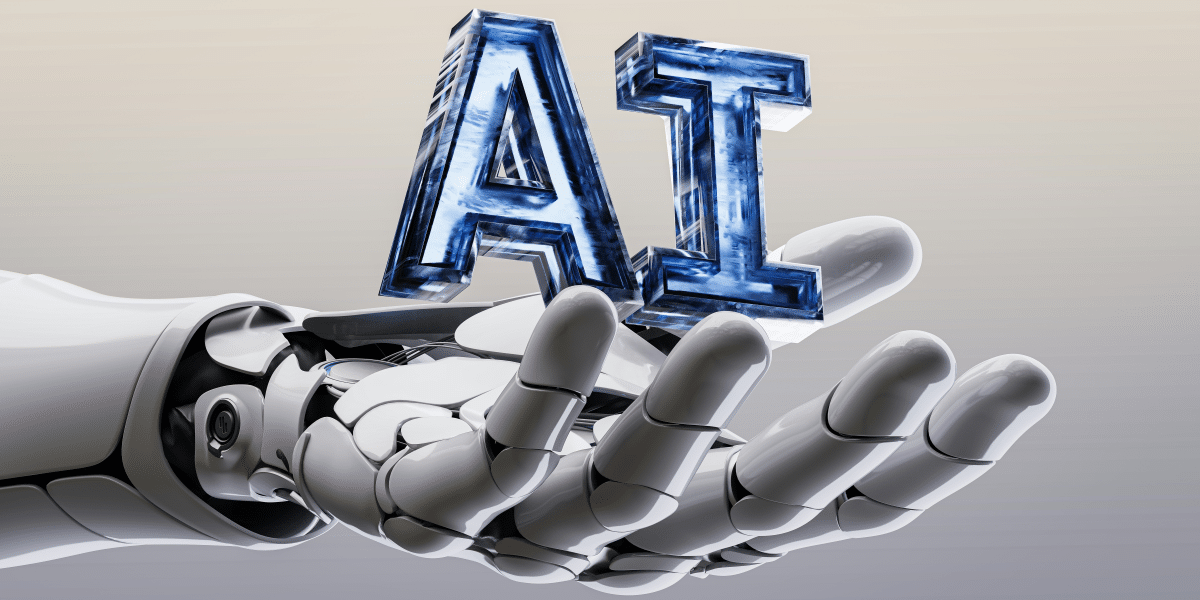The electrical industry, pivotal to the development and maintenance of modern infrastructures, is undergoing a transformative shift driven by technological advancements and environmental considerations. The integration of digital technologies marks this evolution, the implementation of sustainable practices, and the anticipation of future trends that promise to reshape the industry.
As these changes unfold, professionals within the field are compelled to adapt, enhancing their skills to meet new challenges and seize emerging opportunities. As Dean Massari defines, this not only influences the methods and materials utilized but also redefines the role of electrical work in achieving broader goals such as energy efficiency and environmental sustainability.
Current State of the Electrical Industry
The electrical industry has undergone substantial changes since its inception, shifting from basic wiring and manual labor to complex networks that incorporate advanced technologies. Initially focused on expanding access to electricity, the industry now also emphasizes efficiency, safety, and sustainability. Despite these advancements, electrical professionals today face numerous challenges. These include keeping up with rapid technological changes, adhering to stringent regulations, and managing the rising costs of materials and labor.
As the sector continues to evolve, one of the significant hurdles remains the integration of new technologies into existing frameworks. Many organizations struggle to update old systems that are not compatible with the latest innovations. Moreover, there is a growing need for skilled workers who can navigate these modern complexities, yet the gap between the skills available and those needed is widening.
The industry is poised to make significant strides in addressing these challenges. Advancements in technology promise to enhance operational efficiencies and revolutionize the very nature of electrical work. As professionals adapt to these changes, the industry is set to become more robust, characterized by a versatile workforce better equipped to handle the demands of the modern world.
Technological Advancements in Electrical Work
A wave of technological innovations is reshaping the landscape of electrical work. Digital tools, including IoT devices and advanced analytics platforms, are at the forefront of this transformation, allowing professionals to perform diagnostics and maintenance with unprecedented precision and efficiency. Smart grids and meters, which provide real-time data and analytics, are changing how electricity is managed and distributed, leading to more sustainable energy consumption.
These technologies enhance existing capabilities and open up new avenues for services and solutions. Automation in electrical installations and repairs reduces the need for manual intervention, increasing safety and accuracy. As these tools become more integrated into everyday operations, they pave the way for more resilient electrical infrastructures that can adapt to the needs of consumers and businesses.
Implementing Sustainability in Electrical Practices
Sustainability has become a cornerstone in electrical work, driven by growing demands for environmental stewardship and resource conservation. Renewable energy sources like solar and wind are now being integrated into the power grid, supported by innovations in battery storage and energy-efficient technologies. This shift not only helps reduce the carbon footprint associated with electrical work but also aligns with broader goals of combating climate change.
The shift towards sustainable practices is further emphasized by the adoption of green building standards and eco-friendly materials in construction projects. Government policies and incentives support these efforts and encourage the industry to adopt more sustainable approaches.
Anticipating Future Trends
The electrical industry is on the brink of yet more change as it anticipates the arrival of next-generation technologies. Predictions suggest an increased reliance on artificial intelligence to optimize energy systems and manage networks with greater efficiency. Coupled with the rise of electric vehicles and their integration into the home as part of energy systems, these technologies are setting the stage for a profound change in electrical work.
Navigating Challenges and Seizing Opportunities
Adapting to technological growth and environmental demands poses significant challenges. The pace of change can outstrip workers’ ability to acquire new skills, and the cost of implementing cutting-edge technologies can be prohibitive for smaller firms. However, these challenges also present unique opportunities. There is a growing market demand for electrical professionals who are not only tech-savvy but also adept at implementing sustainable solutions.
Published by: Holy Minoza












